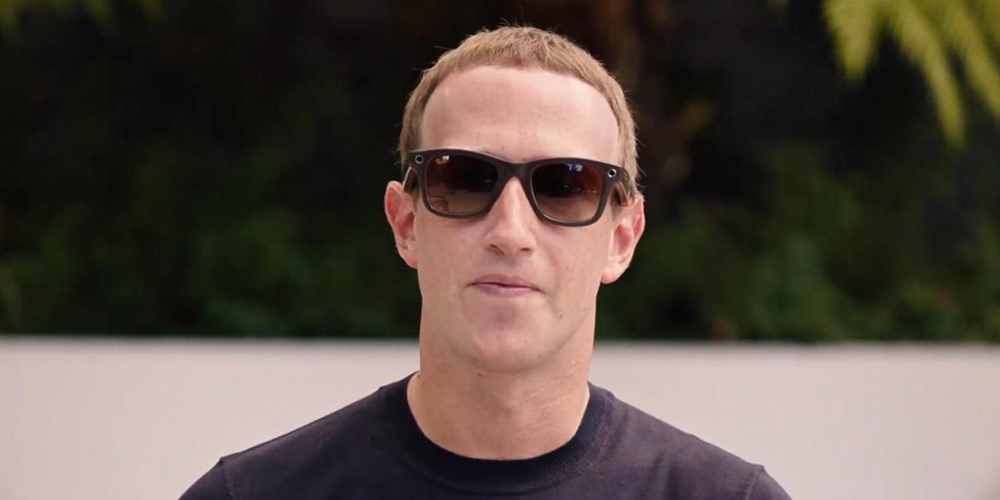Facebook was only born in 2004. In less than two decades, it has become among the top largest companies the internet has ever seen, and also one of the most influential, powerful, and profitable companies out there in the world.
Its founder and CEO, Mark Zuckerberg, started Facebook as a mere social media network. But gone are those days. Facebook is no longer a "social media network," and has grown big enough to encompass pretty much every single communication method the internet society has indulged themselves into.
That, thanks to its acquisition of WhatsApp and Instagram, and its lesser-known properties and services.
By being on top of the social media food chain, Zuckerberg's wants to evolve Facebook.
Speaking in an interview with The Vergecast, Zuckerberg said that wants Facebook to become a "metaverse company."

But to do that, there needs to be an “embodied internet,” Zuckerberg said, meaning that it's operated by many different players in a decentralized way.
The term "metaverse" is nothing new.
As a matter of fact, it has been around since 1992, coined by science-fiction author Neal Stephenson in his novel Snow Cash.
The idea is that, a virtual environment is created, in which it can blur the digital and physical for everyone who entered it.
While it was coined decades ago, Facebook is trying to make that a reality, using its massive resources, powered by its Oculus headsets, to bridge the company's platforms into one shared virtual space.
With the internet becoming something that people cannot live without, and with the billions of people using Facebook and its properties, Facebook wants to seek a future, where its products can reach deeper into the society, by blending in the virtual world, to their reality.
Another way of saying it, Zuckerberg wants Facebook to be accessible beyond the normal screens it is known for, and wants an ubiquitous presence on VR and AR, and also PC, as well as mobile devices and game consoles.
"People aren’t meant to navigate things in terms of a grid of apps. I think we interact much more naturally when we think about being present with other people."
"I don’t think that this is primarily about being engaged with the internet more. I think it’s about being engaged more naturally," said Zuckerberg.
"What I think is most interesting is how these themes will come together into a bigger idea. Our overarching goal across all of these initiatives is to help bring the metaverse to life."
Zuckerberg went on to explain that this "metaverse" doesn't have to be 3D. It doesn't have to be 2D either.
"Think about things like community and creators as one, or digital commerce as a second, or building out the next set of computing platforms, like virtual and augmented reality, to give people that sense of presence. I think all of these different initiatives that we have at Facebook today will basically ladder up together to contribute to helping to build this metaverse vision."
As an ambitious it can be, Facebook is no stranger to dreaming big things, and accomplishing many of those dreams.
After all, with huge resources, knowledge, experience, Facebook and its properties are already the ways for many people to communicate. The next obvious thing, is to go to the next level of digital social interaction.
If anything can dream that big, it's Facebook.
"I’m not sure that people would necessarily find it more natural to work all day wearing a VR helmet, but maybe it’s something we get used to. But I am really interested in some of the things that you’ve said about the way a metaverse could create jobs that don’t exist today, like whole economies springing up inside of this metaverse," the CEO said.
"And I actually would go so far as to say that I think that might be one of, if not the biggest technological challenge that our industry will face in the next decade."
When that day comes, people will no longer think Facebook as an internet company.